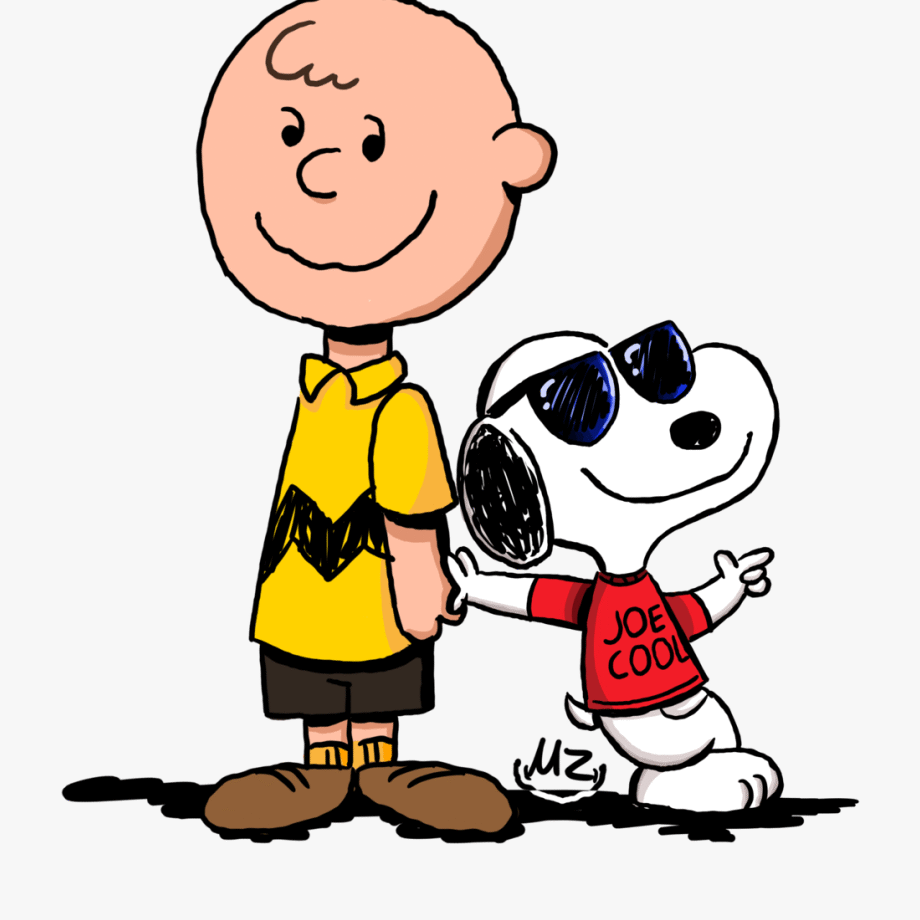I’ll admit right off that as a kid I was totally into the “Peanuts” cartoon strip. I grew up a shy, nerdy, overweight kid and I learned a lot of life’s lessons from the great Charles Schulz’ alter-ego Charlie Brown and his pet beagle, Snoopy. No matter how many indignities Charlie Brown suffered each day, he kept on plugging away. Today’s world is a lot faster than the Peanuts world was, but there are still many valuable lessons to learn from the decades of comic strips that Charles Schulz lovingly created. I started thinking about the similarities between the struggles that Charlie Brown had and those that goalies face each day. I know Charles Schulz was a huge hockey fan and I hope that he would appreciate these analogies.
Persevering Through Adversity:
No matter how many times Lucy pulls away the football that Charlie Brown is running up to kick, he simply dusts himself off and tries to kick it again. It’s a fact of hockey life that goalies will get scored upon. Some of the goals may be pretty ugly and the goalie may be embarrassed as to how it went in, but he or she still has to get back into the game. The goalie can’t run and hide. You simply do the best you can and accept the consequences. If you don’t like how things turned out, turn the negative experience into a positive by learning more ways to better deal with the situation you failed at. Knowledge is power! Charlie Brown’s baseball teams won maybe one game in all the years I read the comic strip. Losing doesn’t define anyone. Persevering, working hard to improve and enjoying the opportunity to compete are what is important. You learn a lot more from failure than winning. I am glad Charlie Brown taught me that no matter how your last day, season or game turned out, it’s a new day and a fresh start.
Positive Outlook:
Many of the Peanuts comic strips centered on Charlie Brown’s baseball life. Even when his team was being slaughtered by outrageous scores, he still loved the game of baseball. I seem to remember him enjoying the simple pleasures like the smell of leather in a new baseball glove, the fresh air of an early spring day and the camaraderie of teammates. No matter how dysfunctional Charlie Brown’s personal or athletic life may have been, he never lost sight of the simple joys of playing fun games like baseball and hockey. For goaltenders, there are simple pleasures on multiple levels. There is the satisfaction of being the last line of defense and the responsibility that goes with it. There is the joy of competition when it comes down to the little battles within a game where a great shooter goes one on one with you. There is the joy of making an amazing save where no one in the building thought you could stop it but you. It’s the joy of the game itself: pucks smacking a stick blade and thumping off the pads, skate blades cutting into the ice, the chill of the icy air, the roar of the crowd, the feel of a top shelf puck hitting the pocket of the glove, the tap on the pads from a teammate after a big save and even the sound of the Zamboni between periods. Goaltenders will always have their ups and downs but the most successful goaltenders enjoy the journey along the way.
Leadership:
Charlie Brown may get picked on a lot, but when it comes to sports, his leadership ability comes out. As the manager of his baseball team, he has to get the wide range of abilities and commitment levels to try and play together on the diamond. Goaltenders are leaders whether they want to be or not. Opposing coaches, players and even the fans in the crowd look at the body language of the goalie to see if they have a confident, positive presence or a negative one. Even though Charlie Brown was an average baseball player at best, he was always a student of the game. He knew that details both big and small would define his team. Goalies have to not only be aware of how to stop scoring opportunities but also to prevent them in the first place by great angles, movement and communication. Goalies with great crease presence create an aura of confidence that makes the opposing team work hard to score goals. Goalies that are negative to teammates, lazy and passive create worry from his or her team and confidence for the opposing team. Since the goalie is the focal position in hockey, leadership skills are essential to success! Although Charlie Brown was very shy off the diamond and the ice, when he was on a playing field he had the courage to say and do what needed to be done.
Imagination:
Snoopy was a big dreamer. Whether he was flying Sopwith Camels while shooting at the Red Baron, stopping Bobby Hull on a breakaway for the Canadians , hitting a game winning homer for the Giants or winning a gold medal in figure skating, Snoopy had an active imagination and a zest for living life both real and imagined. I certainly was guilty of being a daydreamer in grade school and high school. I remember teachers making comments on my report cards about how much of a dreamer I was. That vivid imagination has allowed me to achieve goals throughout my life because I could envision them before I was able to achieve them. Snoopy dreamed about the joy of competition and then fulfilled his dreams once he actually played his games. Snoopy was a tough hockey goalie, an aggressive baseball hitter and a dynamic skater. If you look at successful athletes today, many of them started out by dreaming on their backyard ponds. The daydreaming I learned from Snoopy has allowed me to help goalies achieve their dreams. I create mental movies in my head when working with a goalie. I picture where they are now and where they can be with some tweaks. It’s a very vivid picture that comes to life once the goalie fine-tunes his or her game. You have to be able to dream to grow as an athlete and a person! Whatever your goaltending goal is visualize it and bring it to life!
Thank you Charles Schulz, Charlie Brown, Snoopy and the rest of the Peanuts gang for life lessons that ring as true today as 50 years ago. These values will not only make you a better goalie, but more importantly, a better person!
This article was contributed by Fred Quistgard

